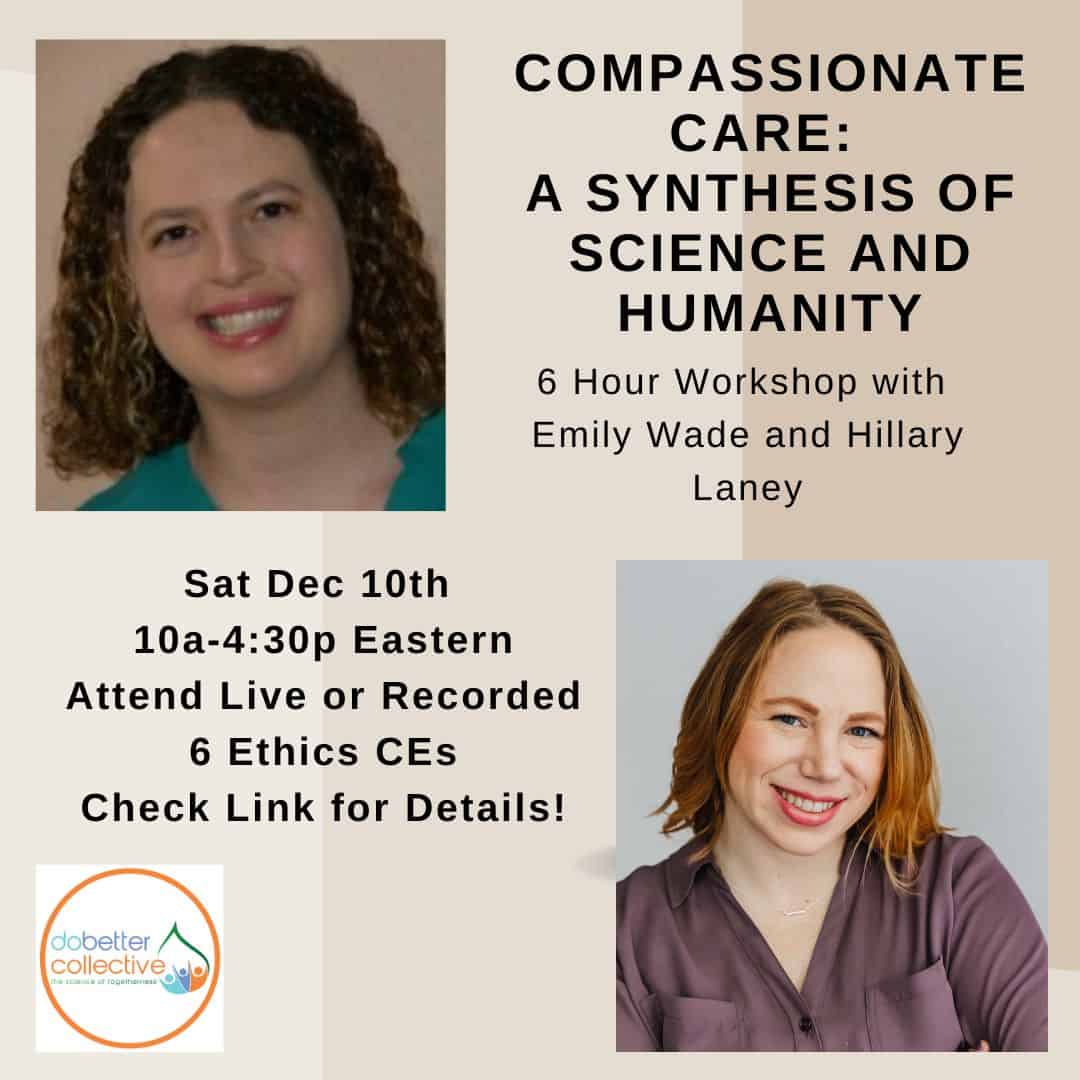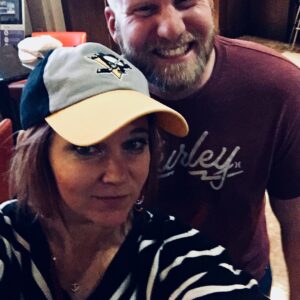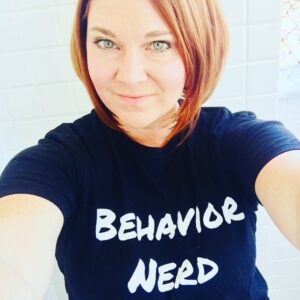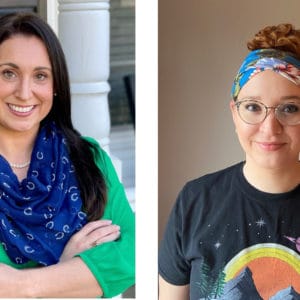
Compassionate Care: A Synthesis of Science and Humanity with Emily Wade and Hillary Laney
THIS EVENT IS POSTPONED
Event Description
What do you do when the traditional approaches to challenging behavior aren’t resulting in effective and generalizable treatment outcomes? Applied Behavior Analysis has demonstrated the utility of compassionate and trauma informed care through multiple replications of research. Practitioners in the field have increasingly begun to seek out these methods to prioritize clients’ emotional, mental, and physical safety in their treatments. Other fields of psychology have also developed compatible and complementary evidence-based practices which can be aligned with the framework and technology of ABA. Clinicians, however, may need additional training in order to translate these concepts into tools which apply to real world situations in schools, homes, clinics, and communities. This workshop will provide an overview of compassionate care and how it can be used to enhance our current practices. It will discuss 3 empirically validated models compatible with compassionate care (PFA/SBT, CPS, and RIE) and provide practical tools to take away and use in daily practice. Attendees will be provided supplemental materials, in vivo training (behavioral skills training), and active responding opportunities to solidify understanding of concepts.
At the conclusion of the presentation, participants will be able to:
- Define compassionate care and its relevance to the field of ABA;
- Identify 3 empirically validated models to support compassionate care;
- Implement at least 4 applied tools related to the 3 models
Presenters: Emily Wade, BCBA and Hillary Laney, BCBA
About the Presenters:
Emily Wade has been in the field of ABA for 13 years. She has worked in a wide variety of settings doing everything from direct care to supervision to management. Emily is a moderator in the PFA and SBT Community Facebook group and conducts trainings on a wide variety of topics related to ethically progressing the field of ABA. Her primary passion is moving our field toward more compassionate and collaborative practice by working with autistic advocates and amplifying their voices and learning from other related fields.
Hilary Laney is the Vice President of Functional Assessment and Treatment at Centria Autism. In her role at Centria, she is responsible for the development and oversight of foundational clinical services as they relate to the treatment of interfering behavior. Her current focus is on the scale and successful implementation of the Practical Functional Assessment and Skills-Based Treatment and Universal Protocols. She guides clinical practices which prioritize safety, dignity, effectiveness, and rapport-based treatments for challenging and interfering behaviors exhibited by clients at Centria. Hillary is a Board Certified Behavior Analyst and received her M. Ed from the University of Washington in 2015. She has over 10 years of experience working with individuals on the autism spectrum as well as various other disabilities, specifically as it relates to the treatment of severe behavioral challenges.
Hillary has vast experience as a practitioner and deeply cares to support other practitioners in the field to provide more compassionate services to their clients. She is an administrator of an Facebook community (PFA and SBT Community: My Way to HRE) created to support practitioners in the use of the Practical Functional Assessment and Skills-Based Treatment which has 17,000 members and provides free content for members to learn and grow from one another. She has provided training modules for the Do Better Collective, presented on compassionate practices at various conferences, and has been a guest on multiple podcasts (Including the Do Better Pod) discussing strategies to support compassionate
therapy.




Responses